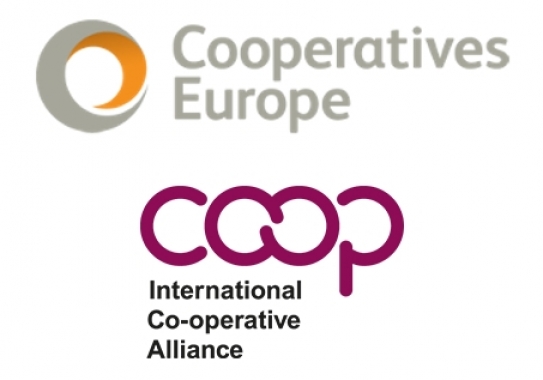Reduction of youth unemployment and the setup of co-operatives
A call for cooperation
Brussels, 15 April 2016 | Published in Economy
This call concentrates on promoting the cooperative form in education and putting forward cooperative entrepreneurship, an essential element of our European strategy. Cooperatives Europe will be contacting interested members over the coming days, in order to ensure proper coordination for putting together two complimentary project consortia.
Submission deadline: 30 June 2016
Starting date of the action: 1 January 2017 (Max duration of the project: 1 year)
Amount of funding
Maximum EU financing rate of eligible costs: 70 %
Maximum EU financing amount per project: 225 000 €
Eligibility
Legal entities established in one of the EU countries are eligible.
The consortium must be composed of a minimum of three different legal entities located in at least three Member States, preferably from economically, socially and culturally diverse parts of Europe.
The consortium must include at least:
- One organisation which has experience and/or is involved in delivering programmes in entrepreneurship education for young people;
- And one organisation having proven knowledge of and experience with the cooperative model.
Eligible activities
- Identification of existing training methods/ courses in secondary schools and universities related to cooperative entrepreneurship in curricula. The proposal should include a method to collect on adequate manner information relating to cooperative entrepreneurship training methods and courses for young people and students by schools and universities.
- Conception of the training model/preparatory actions for setting up the programme in three different countries. The task will aim at designing training courses for young people in upper secondary school and universities on how to start their own activity in the social or business field through the model of a cooperative. A theoretical and practical approach should be included in the training to be designed.
Training and dedicated actions could for instance focus on how to:
- improve knowledge of the cooperative business concept;
- guide students in implementing their own ideas, help students to start up business in form of a cooperative;
- stimulate professional and practical training /internships or apprenticeship in co-operatives (ideas on how to better use specific EU programs such as Erasmus for Young entrepreneurs should be included in the proposal).
- Organisation and delivery of pilot training courses to test the modules, practices and tools prepared for students in the field of cooperative entrepreneurship in three different countries
The applicant will propose actions on how it intends to collaborate with the different actors at stake (schools, universities, training centres, academic institutions…) to implement the courses in a supportive and safe learning environment.
The applicant should explain how the organisation/delivery of the courses will combine career-related work experience and advanced employability skills in order to break the "experience trap".
Important
Priority will be given to projects that will be best replicable especially between Member States where the tradition of the cooperative movement and those where the tradition is weak and where benefits offered by the cooperative model are not sufficiently known.